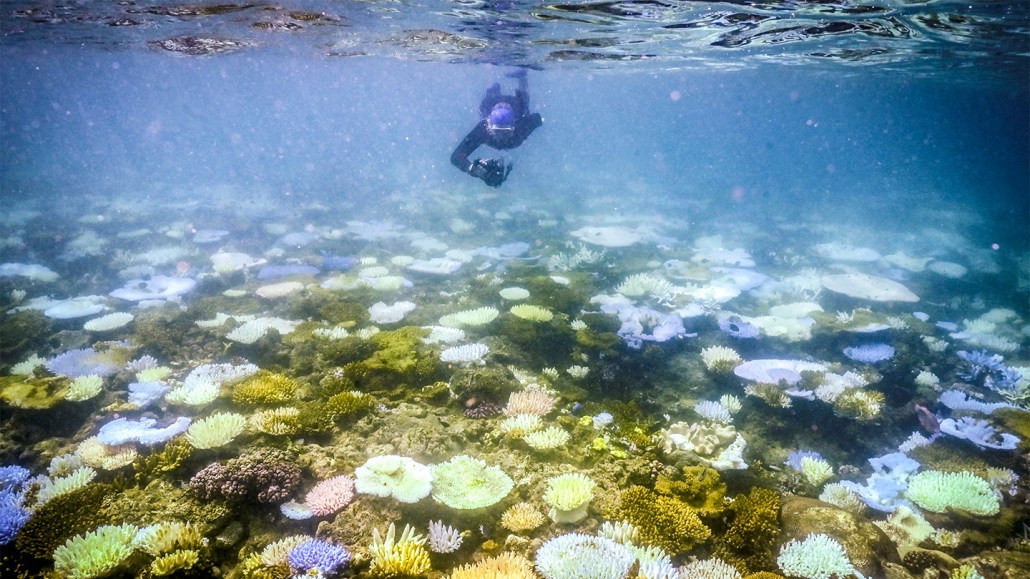
Oceans
The seas’ record-breaking hot streak may bring unwelcome changes
Off-the-charts warming could fire up more hurricanes, intensify coral bleaching and accelerate the melting of Antarctic sea ice.
By Nikk Ogasa
Come explore with us!

Off-the-charts warming could fire up more hurricanes, intensify coral bleaching and accelerate the melting of Antarctic sea ice.

Human-caused climate change has played a big role in this summer’s historic heat.

Unfortunately, scientists worry that this atypical sea warming may actually be the beginning of an unwelcome new ‘normal.’

Modern Amazonians make nutrient-rich soil from ash, food scraps and burns. The soil strongly resembles ancient “dark earth” found in the region.

Alexis Mychajliw’s science is driven by her love of animals. She now looks to tar pits and fossilized poop to understand ancient ecosystems.

Switching over to clean, renewable power — and away from fossil fuels — could save trillions of dollars by 2050, a new study finds.

Lowering carbon levels in our atmosphere to stabilize the climate may start with switching from fossil fuels to greener energy sources.

Inland melting of the Northeast Greenland Ice Stream is accelerating — and may contribute far more to sea level rise than earlier estimates suggested.

But the same thing is not happening throughout the kingdom. For instance, more than half of vertebrate populations are stable or increasing.

The ‘glacial mélange’ on which they’ve come to rely — a mix of ice, snow and slush — could be a temporary refuge for some polar bears.